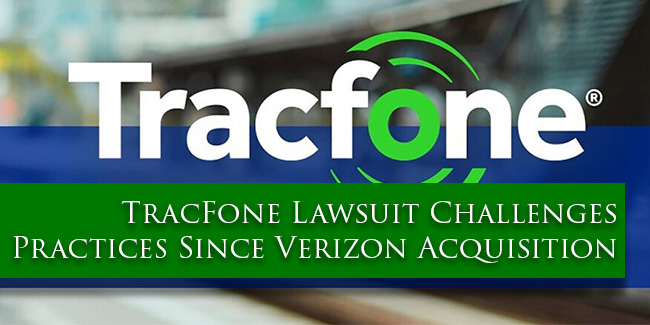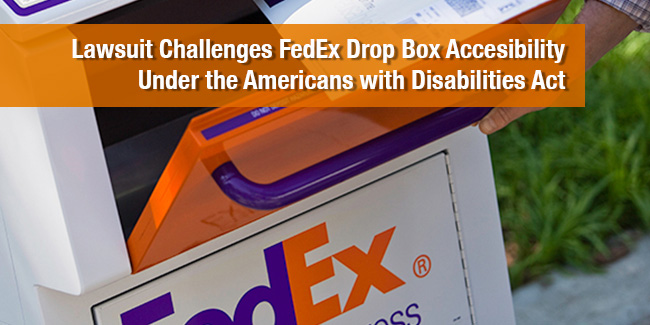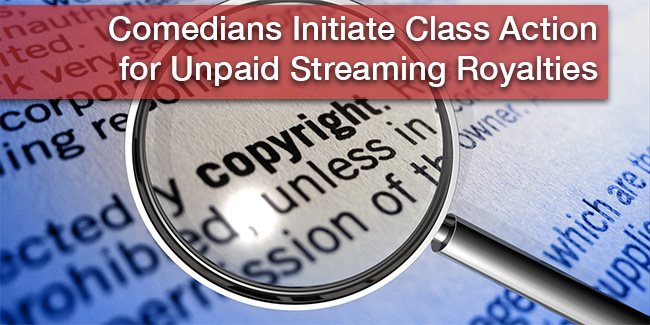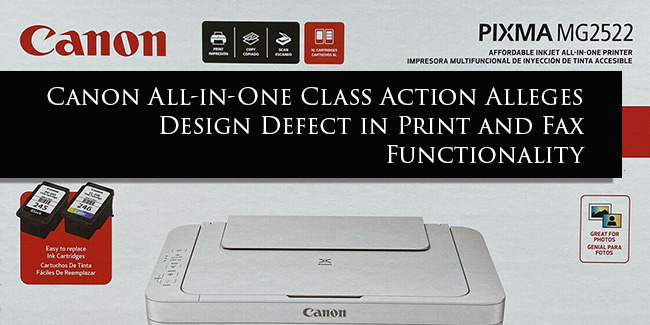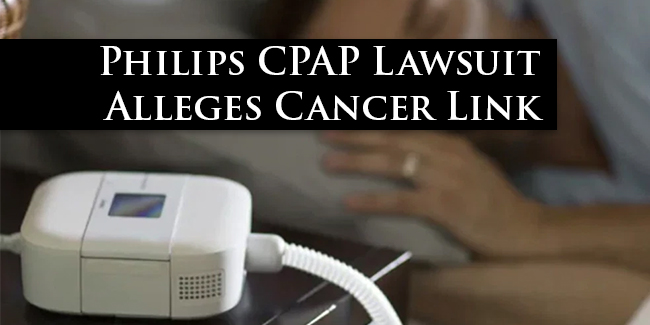Class Action Case Update – September 16, 2022

Class Action Case Update – September 14, 2022 Credit Karma to pay USD 3 million for luring consumers with deceptive promises of pre-approved financial products Credit Karma is a credit monitoring service aimed at collecting and analyzing users’ personal data…

